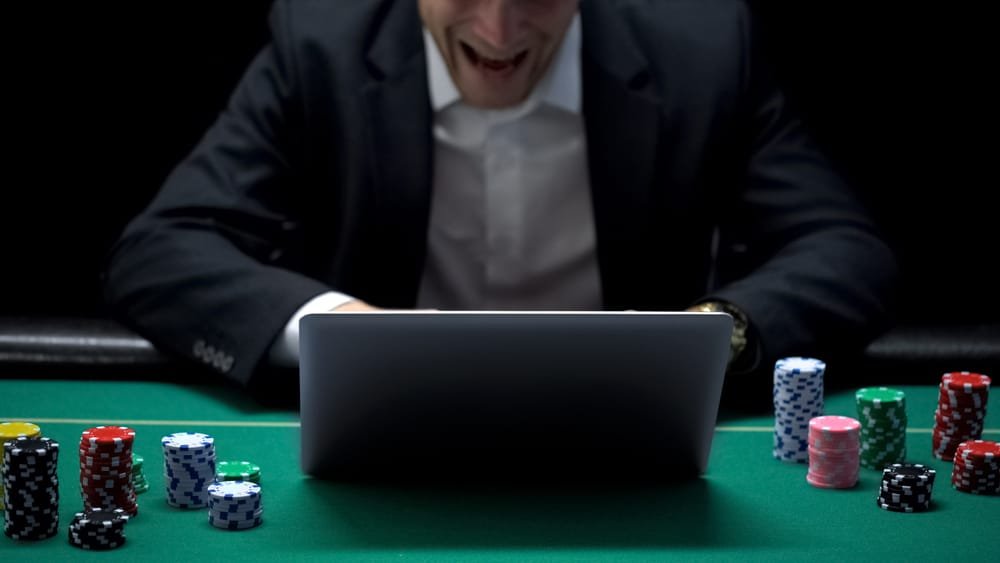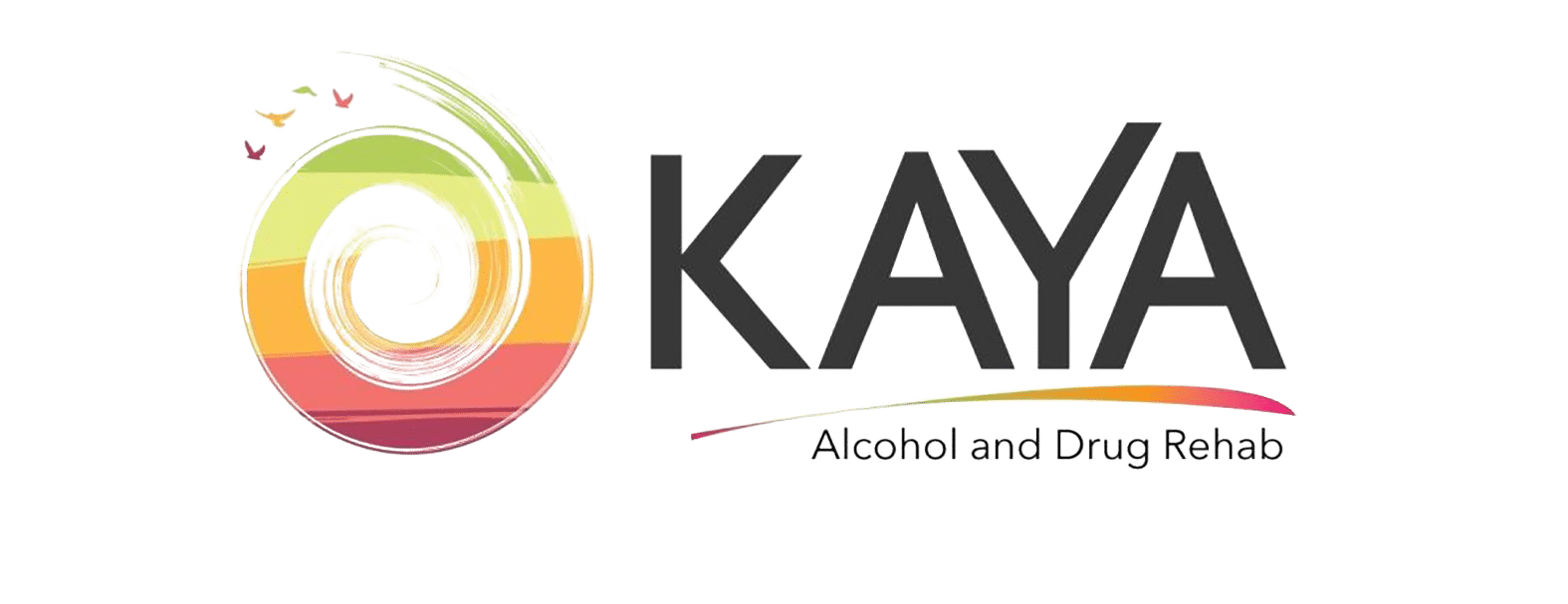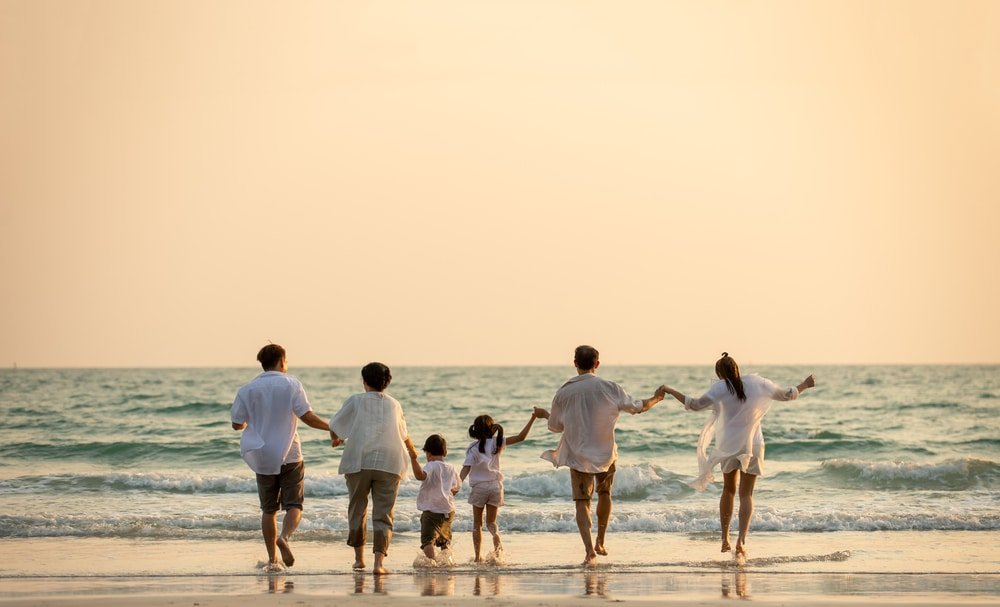
People often say gambling is just a game — a personal choice, a way to unwind, or a harmless escape. But behind the flashing lights and thrilling wins, there’s a quieter truth most gamblers never admit until it’s too late: it’s never just about the money. Gambling addiction slowly takes more than what’s in your wallet; it takes your peace, your relationships, and eventually, the parts of yourself that once felt whole.
At first, gambling feels exciting. The idea of winning big carries a rush that’s hard to resist. You tell yourself it’s just for fun, that you’ll stop after one more try, that you’re still in control. But the illusion of control is what keeps the cycle alive. Every loss feels like something you can recover from — just one more bet, one more spin, one more chance. What begins as entertainment slowly becomes survival. Soon, you’re not playing to win; you’re playing to escape.
You start chasing not the money, but the feeling — that brief moment when everything feels possible. But that high fades faster each time, leaving only anxiety and guilt. The mind begins to crave the same rush again, even as the losses pile up. You lie to yourself. You lie to others. And before long, you’re gambling not out of greed, but out of shame, trying desperately to undo the damage with the very thing that caused it.
For every person trapped in gambling addiction, there’s a family trying to hold the pieces together. A spouse juggling unpaid bills. A child noticing the tension at home but not understanding why. A parent waiting by the phone, praying that their son or daughter finds their way back. The losses that gambling brings aren’t always counted in money — they’re measured in trust, in missed moments, in the way love slowly erodes into fear and resentment.
The tragedy is that gamblers rarely see the full picture until they’re standing in the ruins of what’s left. They’ll remember every win they ever had, but forget every night their loved ones cried in silence. The casino, the game, the bet — these are not the real enemies. The true danger lies in the illusion that the next win will fix everything. But no amount of winnings can buy back self-respect, or forgiveness, or time.
Recovery begins when a person finally understands that freedom isn’t found in winning — it’s found in stopping. It takes enormous courage to step away, to admit that the game has taken more than it ever gave. It takes even greater strength for families to say, “We love you, but we can’t feed the addiction anymore.” Love, in this sense, is no longer about saving someone from their choices but standing firm enough to help them face the truth.
Healing from gambling addiction is not an overnight process. It’s a journey of confronting guilt, rebuilding trust, and learning to live without the constant chase. But it’s possible. People rebuild. Families forgive. Life, no matter how broken it feels, can begin again — as long as the gamble finally ends.
Because in the end, gambling was never really about money. It was about pain, escape, and longing — and the only way to win is to stop playing before you lose everything that truly matters.


